
Cooperative meerkats, guide ants, and dining-room monitor hens: Animals can teach, too
Ethology is increasingly documenting cases of animals that pass on knowledge to each other

Ethology is increasingly documenting cases of animals that pass on knowledge to each other

No human is born knowing how to parent, but in some way we are all equipped to learn how
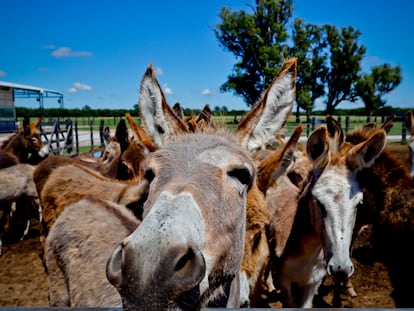
The environments where the two species lived shaped both their biology and how we perceive them

Science is investigating this field to better understand how complex behaviors evolve in nature
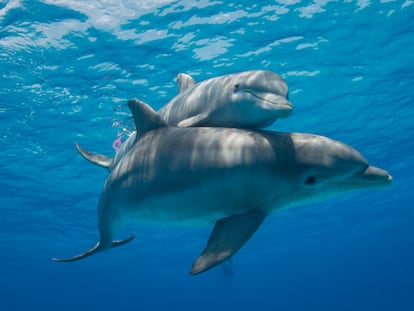
Female dolphins engage in synchronized swimming and female baboons alter their menstrual cycle to avoid male coercion and abuse
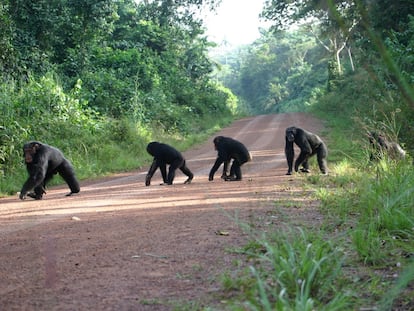
A study by the Jane Goodall Institute Spain and the University of Barcelona shows that chimpanzees remember the exact location of concealed ant hills

A new study challenges the idea that female breasts originated through sexual selection, suggesting that other factors, such as the number of estrogen receptors may play a role

A recent study indicates that these monkeys also vocally label other individuals, shedding light on the origins of human language
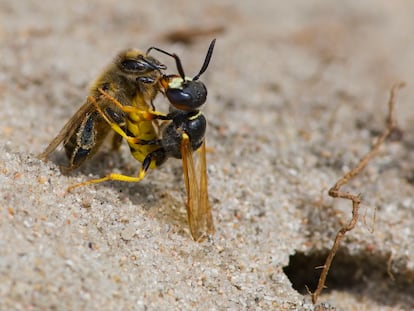
Bugs’ parental instincts run the gamut and in many cases, have evolved out of a necessity to defend against a variety of threats
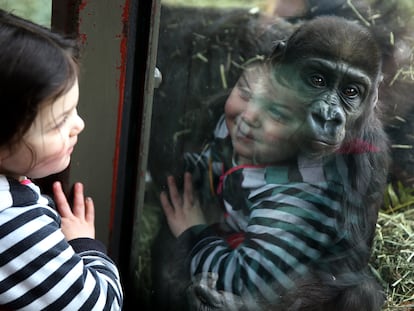
Self-limiting games serve an important evolutionary function, according to different studies on primates, deer, whales and rats
A review of scientific studies confirms that caring for family members with deformities and injuries is a widespread behavior in the animals most biologically similar to humans

The fact that dancing is so uncommon in nature requires an explanation

The scientific community has moved away from its historical reluctance to use the term friendship to refer to close relationships between animals
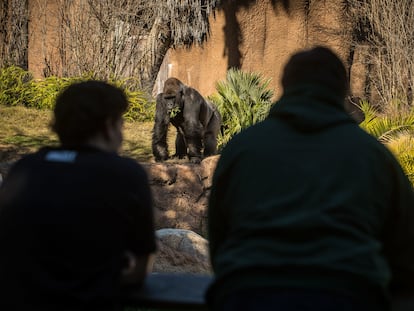
Infection from contact with people is a major threat to the survival of these species
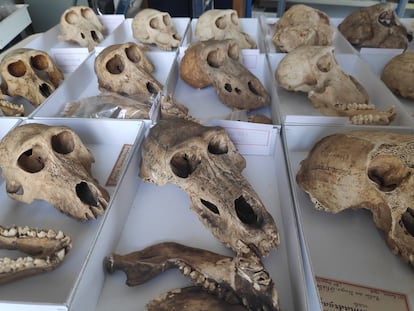
A study on mummified baboons found diseases like rickets and deformities due to poor nutrition and lack of sunlight

Various scientific theories have proposed that the taste for alcohol could have very ancient evolutionary roots
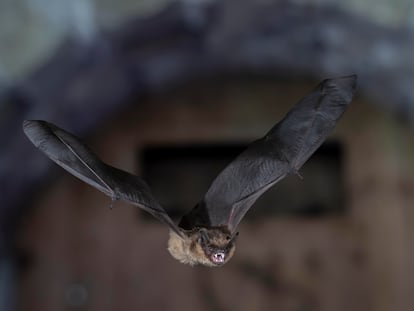
A study has found that males of this species have a penis seven times longer than females’ vaginas, which they use to reach the vulva and mate by contact

After thousands of years coexisting with people, domesticated animals have learned how to recognize us, read our emotions and communicate with us
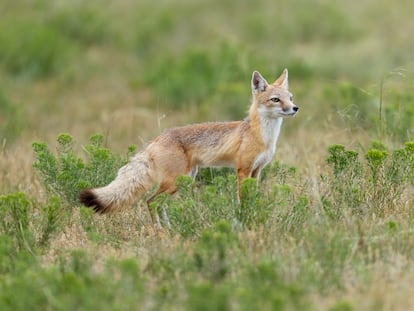
Programs to reintroduce locally extinct species are increasingly taking into account the behavior of the individuals being released

To improve their position in the hierarchy, many ape species have to form coalitions to seize power
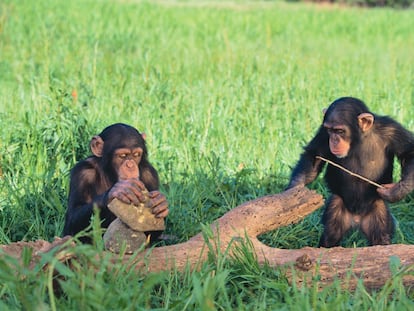
Studying how other primates play can help us understand why male children prefer toys that have wheels
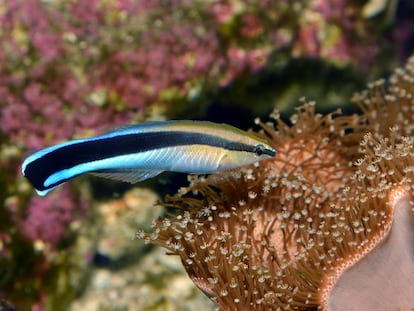
The ‘Labroides dimidiatus’ takes care of its reputation by providing a personalized service to its clients, has a long-term memory, caresses predators, changes sex and recognizes itself in the mirror

Several studies indicate that older people show a tendency to reduce negative emotions, something that also occurs in chimpanzees

A study has found that dogs are in a more positive emotional state when they are involved with games that require the use of smell
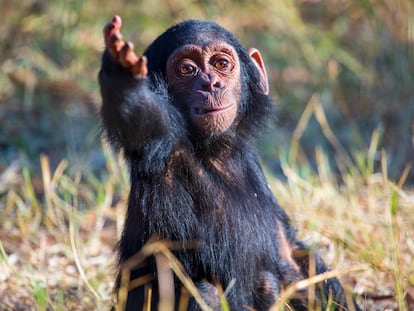
A recent study has shown that the development of communication in chimpanzees is similar to that of children
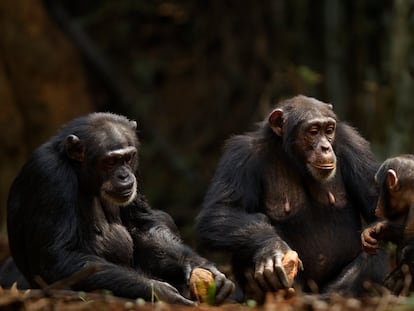
Great apes, elephants and dolphins stand out for their altruistic, selfless behaviors
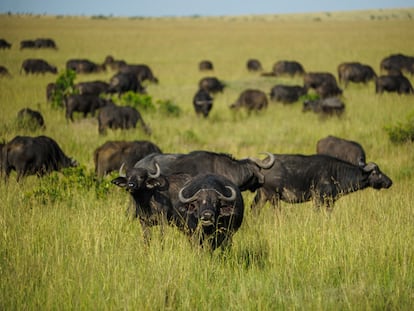
Species that live in social groups have different ways of communicating preferences